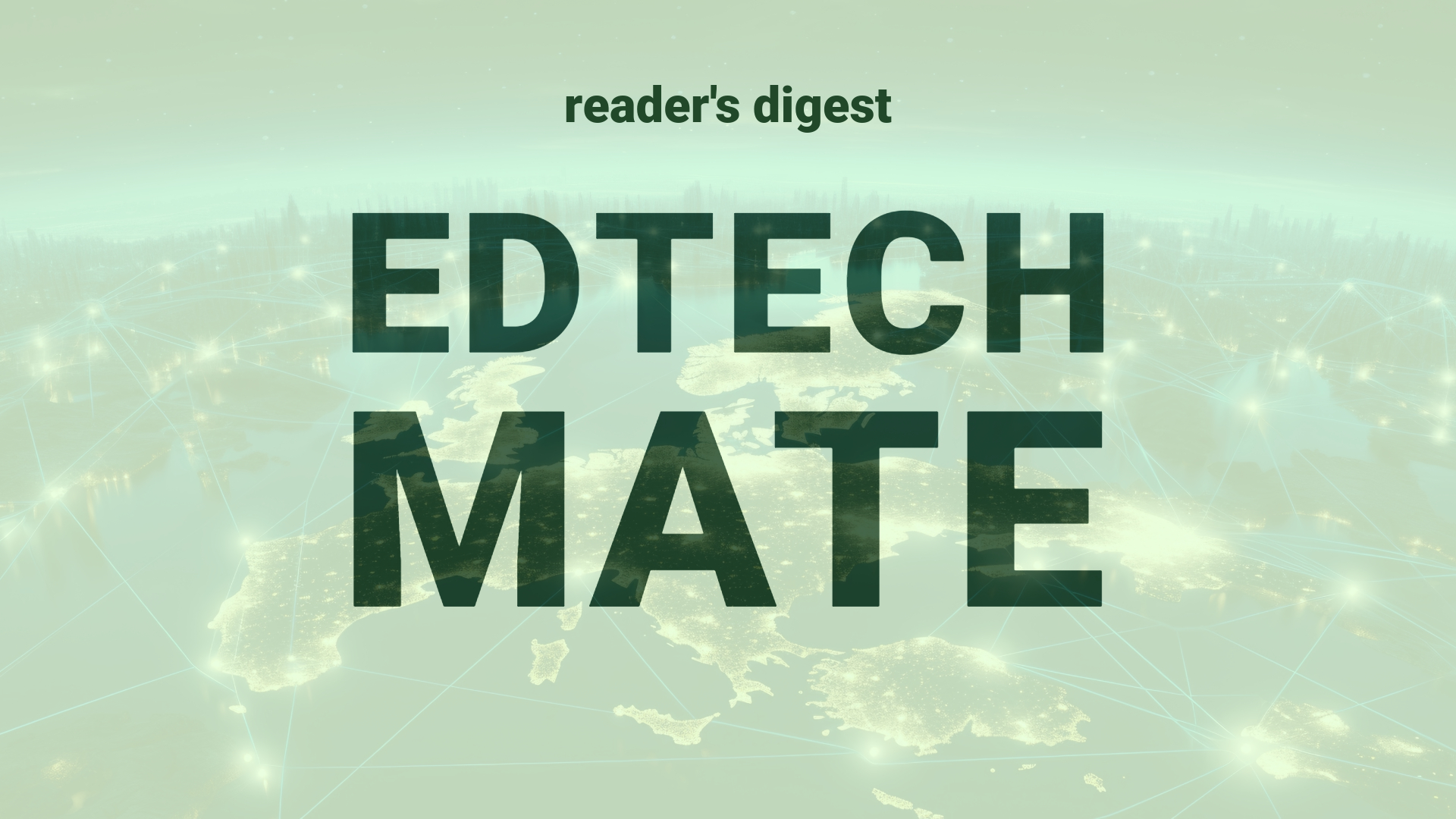Executive Summary and Main Points
Azure Sphere has initiated an update to their image signing keys following security best practices. This operation involves a rotation of public/private keys to strengthen the trustworthiness of software images every few years. Azure Sphere devices will only trust and load signed images, which include core operating system components and customer applications — ensuring that the integrity and security of the operating system remain intact. The update, scheduled for July 24th, will see the release of new keys, necessitating a Trusted Key-Store (TKS) update on all Azure Sphere devices before they can trust newly signed images.
Potential Impact in the Education Sector
In the realm of Further Education and Higher Education, this development underscores the importance of cybersecurity and the necessity for institutions to maintain secure digital infrastructures. By integrating routine updates and key rotations, educational institutions can provide a robust defense against vulnerabilities and attacks, such as DirtyPipe. For Micro-credentials, which rely heavily on digital credentialing and badges, the security of signing keys is critical to ensure the genuineness and trust in these credentials. Adopting such security measures can also enhance strategic partnerships by demonstrating a commitment to safeguarding shared digital assets.
Potential Applicability in the Education Sector
The practice of rotating image signing keys and ensuring device trust through a TKS has wide applicability in the education sector. For example, education management systems, e-learning platforms, and digital examination tools can utilize similar protocols to bolster security. Moreover, the use of AI can further enhance such measures by automating detection of anomalies and outdated key signatures, prompting timely updates, and securing digital educational environments.
Criticism and Potential Shortfalls
A critical analysis of the key update approach may highlight potential disruptions and the dependence on continuous connectivity for over-the-air updates. Comparative case studies such as the update mechanisms in small-scale pilot educational technology projects versus large university systems may reveal discrepancies in the capacity to seamlessly apply such updates. There are also ethical and cultural implications to consider, for instance, in regions where internet connectivity is inconsistent, thus potentially exposing devices to periods of vulnerability until they can go online and trust the new images.
Actionable Recommendations
For the strategic and secure integration of this technology into educational projects, it is advisable to:
- Ensure that education technology infrastructure is capable of receiving and applying security updates seamlessly.
- Develop protocols for regular reviews and rotations of security keys within institutional digital environments.
- Invest in AI-driven security solutions to automate and enhance the threat detection and response processes.
- Train and prepare IT staff within educational institutions to manage and oversee the digital security processes effectively.
- Explore opportunities for securing strategic partnerships that prioritize cybersecurity in the use of educational technologies.
Source article: https://techcommunity.microsoft.com/t5/internet-of-things-blog/azure-sphere-image-signing-certificate-update-coming-soon/ba-p/4177575

